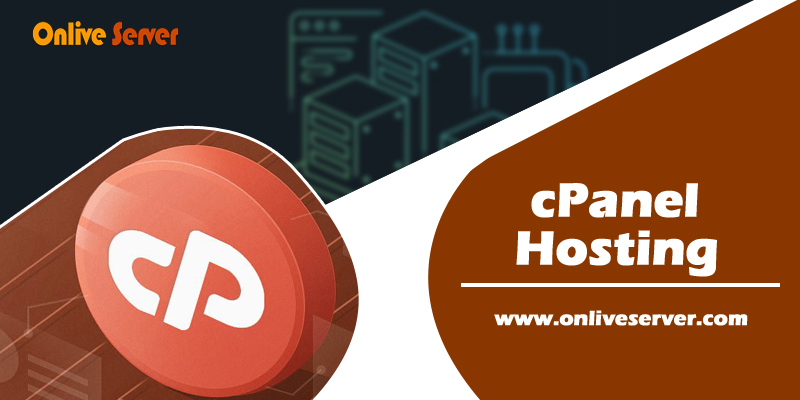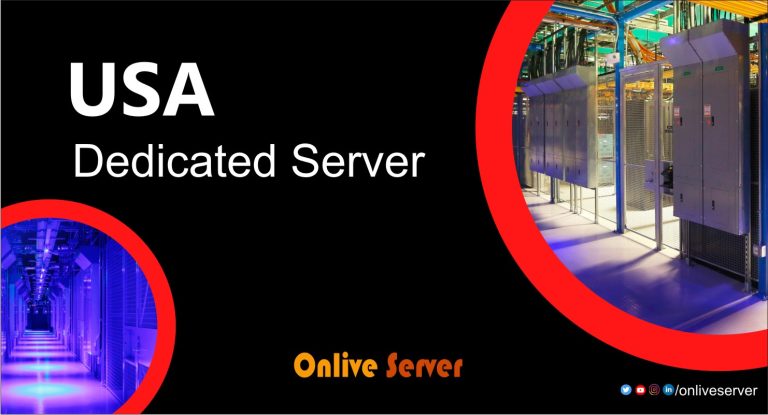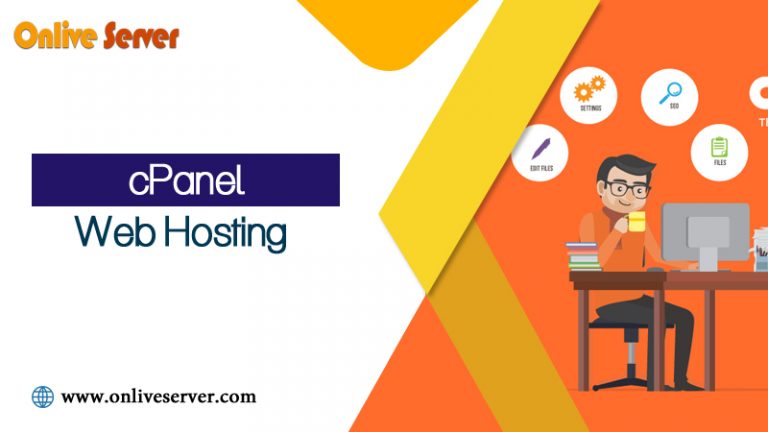Exclusive Offers On cPanel Hosting From Onlive Server
cPanel Hosting – What You Need to Know
If you’re thinking about starting your own website or web page, it’s important to understand that not all web hosting services are created equal. While some are expensive and difficult to use, others are affordable and easy to get started with. One of the most popular options out there is cPanel hosting, which many beginner website owners choose as their first web hosting service. If you’re thinking about trying cPanel hosting out for yourself, here’s what you need to know about it before committing to it.
What is cPanel?
cPanel is a web hosting control panel that helps users manage domains, e-mail addresses, databases, and FTP accounts. When you sign up for cPanel hosting services, you’ll have access to web-based software that makes it easy to upload content, change your website settings and configure your e-mail addresses and mailing lists. If you already have a domain name registered with an Internet Service Provider (ISP), you can use it with cPanel or transfer it to another provider; both options are fairly straightforward. The next section explains how to get started using cPanel when you register with a new web host or if you need to move your domain names over from another provider.
How does cPanel Hosting work?
cPanel is a hosting platform that allows you to manage your account and website. When you sign up for cPanel hosting, your account will come with cPanel’s custom domain-management software. With cPanel, you can easily upload content and create email accounts for your domain name at a very low cost. The major benefits of using cPanel are its ease of use and advanced options for customized settings. Its user interface is optimized for all browsers, including mobile devices.
Why Use cPanel Hosting?
It’s a common misconception that web hosting companies offer free domain names when you sign up for their service. In fact, cPanel hosting is actually paid for with your hosting package. If you already have your own domain name registered, though, you can use it with your cPanel host company. cPanel is one of the most popular types of web hosting services because of its affordability and ease of use. Let’s discuss what makes cPanel so different from other kinds of hosting so that you can decide if it’s right for your business or organization. 1) 24/7 Access to Your Website: This type of hosting is sometimes referred to as always-on because there is no scheduled downtime.
Benefits of hosting with cPanel Hosting
cPanel hosting offers users a streamlined, feature-rich hosting solution that anyone can understand. The default features of cPanel hosting are ideal for business and personal use. And it’s also highly customizable to meet special demands, such as multiple languages, customized subdomains, and domain redirects. With cPanel hosting, you get so much more than just a good value; you get superior control over your website experience. It’s easy to set up an email account, create an FTP account or install WordPress on your site. VPS Cloud Server We offer advanced settings to help experienced users optimize their websites using our web panel. There is even an easy way to create and maintain email accounts with various ISPs including Gmail and Yahoo!. And there is no limit on how many emails you can have within each account or how many forwarders you can use either!
How Much Does cPanel Cost?
Web hosting services come in all shapes and sizes, but if you want a free domain name and unlimited storage space, cPanel web hosting is one of your best options. A low-cost web host that provides cPanel on all its shared plans costs about $5 per month—but don’t worry about price shopping just yet. If you have a domain name already (or get one for free when you sign up), skip down to our list of cPanel hosting providers. Once there, select Free Domain or Free Domain with Paid Hosting in order to find specific plans that support your domain type. There are a few details to keep in mind here: since most domain names include .com, .net, and/or .org at their endpoints, be sure you know which provider supports which extensions before signing up.







